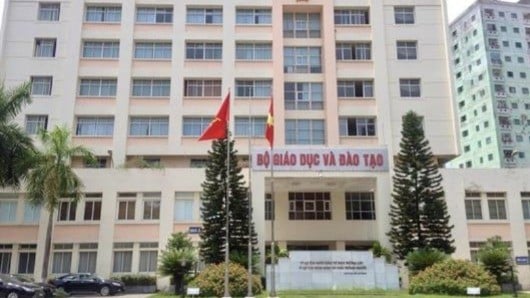
On June 26, the Ministryof Education and Training announced the draft Law on Higher Education (amended) to solicit comments as prescribed. According to the Ministry of Education and Training, the draft Law consists of 9 chapters and 54 expected articles, built closely following the Party's policies, in accordance with the Constitution, international treaties and domestic practices; ensuring inheritance, development and creation of a legal corridor for innovation and development of higher education.
The draft Law on Higher Education (amended) standardizes 6 major policy groups including: Improving the effectiveness of state management, creating an advanced university governance system; Modernizing training programs and methods, applying advanced technology and promoting lifelong learning; Positioning higher education institutions as centers of research and innovation associated with training high-quality human resources; Strengthening the mobilization of resources and improving the efficiency of investment in modernizing higher education, international cooperation on equal terms; Developing a team of excellent lecturers and scientists and a creative and honest academic environment; Innovating approaches, ensuring substance in the work of ensuring the quality of higher education.

Compared with the current Law on Higher Education, the draft Law on Higher Education has many adjustments, supplements and amendments.
The draft omits some contents : Classification of higher education institutions according to research/application orientation; conditions for establishing member universities in universities (except national universities and regional universities); Regulations requiring the establishment of a school council for schools belonging to the armed forces; Administrative procedures for opening majors, programs, branches, and quality assessment; Regulations that overlap with the Law on Education, the Law on Teachers, and the Law on Civil Servants.
"The above adjustments aim to simplify regulations that are no longer suitable for the requirements of university education development in the coming time; standardize the university education system for unified management; reduce administrative procedures and provisions stipulated in other laws," said the Ministry of Education and Training.
The revised and improved contents in the draft include: Establishing legal autonomy, linked with accountability; Organizational and operational mechanisms of the school council: model, authority, working relationship; Managing the opening of programs according to the post-audit mechanism, linked with fields and locations; Testing and recognizing substantive results from independent organizations; Legal status of universities and colleges.
This amendment and improvement aims to increase the autonomy of universities in the new context; Improve the capacity and efficiency of the school council's operations, resolve problems regarding the school council, the relationship between the school council and the board of directors according to the provisions of the current Law on Higher Education; Determine the scope of activities of educational institutions in higher education activities.
The draft Law on Higher Education (amended) supplements regulations to anticipate new educational technologies and develop human resources to serve socio-economic development tasks, providing human resources for key scientific and technological fields.
Additional contents : Digital higher education, lifelong learning, recognition of cumulative learning outcomes; Detailed institutionalization of Resolution 57 in higher education (legal rights of research and innovation centers); Tuition fees, preferential credits, scholarships, orders, and assignments for training high-quality human resources; Classification and standards for lecturer titles; Principles for building a creative, honest, and quality-assured academic environment; Application of digital technology in inspection and supervision.
The addition of the above regulations aims to anticipate new educational technologies and develop human resources to serve the task of socio-economic development, provide human resources for key scientific and technical fields; evaluate, access and integrate into world higher education; determine the role and position of the teaching staff and appropriate remuneration, attract and promote talents in higher education institutions; standardize academic integrity...
The draft also provides for the reduction and simplification of administrative procedures: Reducing at least 45%) including: Consolidating 4 procedures for establishing universities, establishing branches and granting university training licenses, granting branch training licenses into 1 procedure for registering operations by location; Integrating procedures for granting operating licenses for foreign-invested universities and branches and granting foreign training cooperation licenses; Integrating procedures for extending and adjusting training cooperation and procedures for terminating training cooperation activities; Eliminating detailed and overlapping regulations on accreditation, program organization, and training organization; Expected to reduce at least 45% of the number of administrative procedures; Shortening processing time by about 30%.
According to the Ministry of Education and Training, cutting and simplifying administrative procedures aims to save social costs, increase productivity and work efficiency, attach responsibility to the person performing the work and the head of the unit; and implement the policy of switching from pre-inspection to post-inspection.
Source: https://nhandan.vn/nhung-dieu-chinh-bo-sung-trong-du-thao-luat-giao-duc-dai-hoc-sua-doi-post889678.html










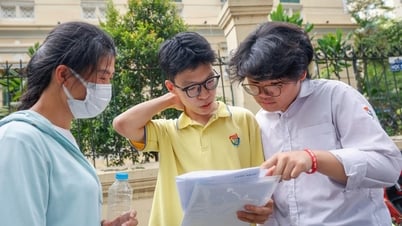

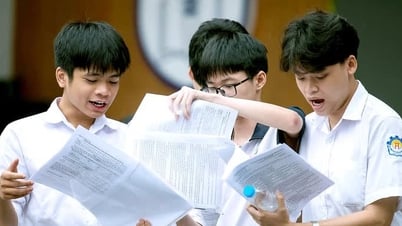
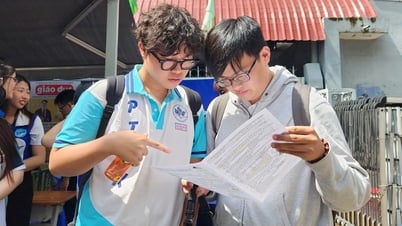







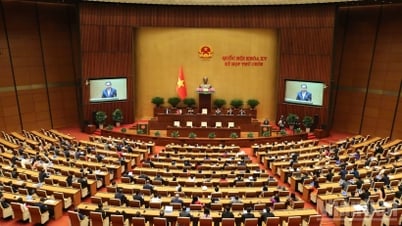



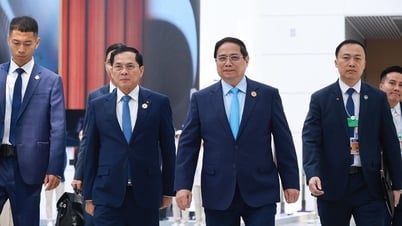
![[Photo] Cuban artists bring "party" of classic excerpts from world ballet to Vietnam](https://vphoto.vietnam.vn/thumb/1200x675/vietnam/resource/IMAGE/2025/6/26/797945d5d20b4693bc3f245e69b6142c)
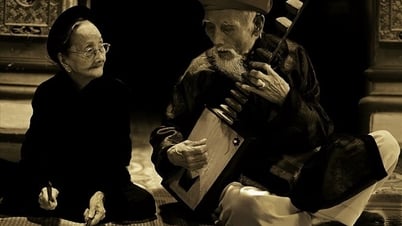



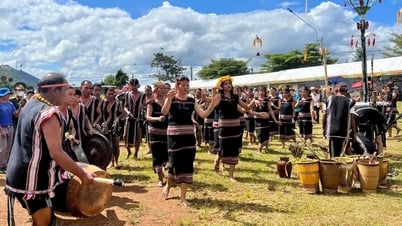



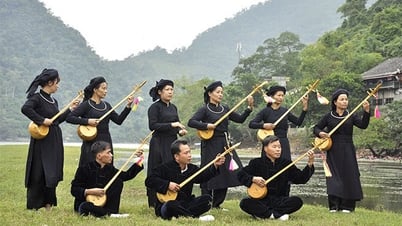



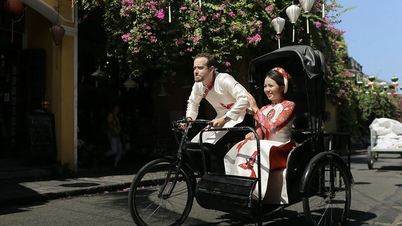












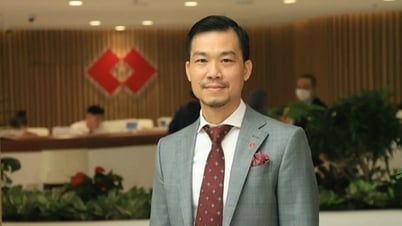



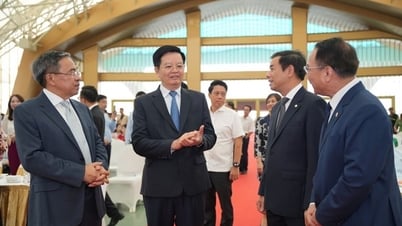


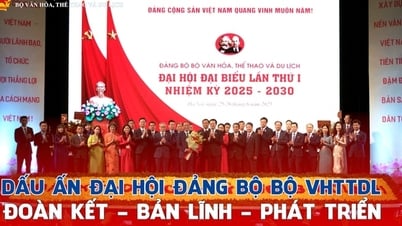



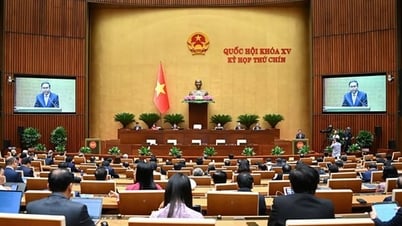



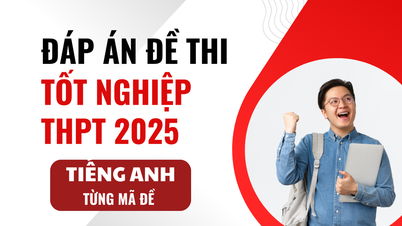



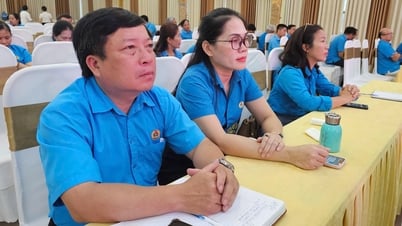













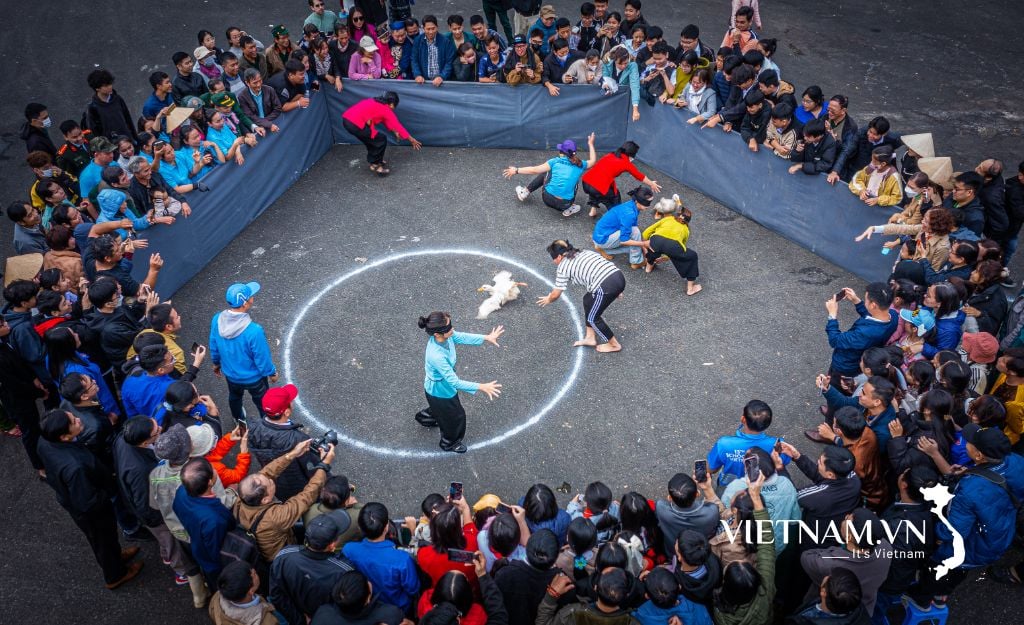
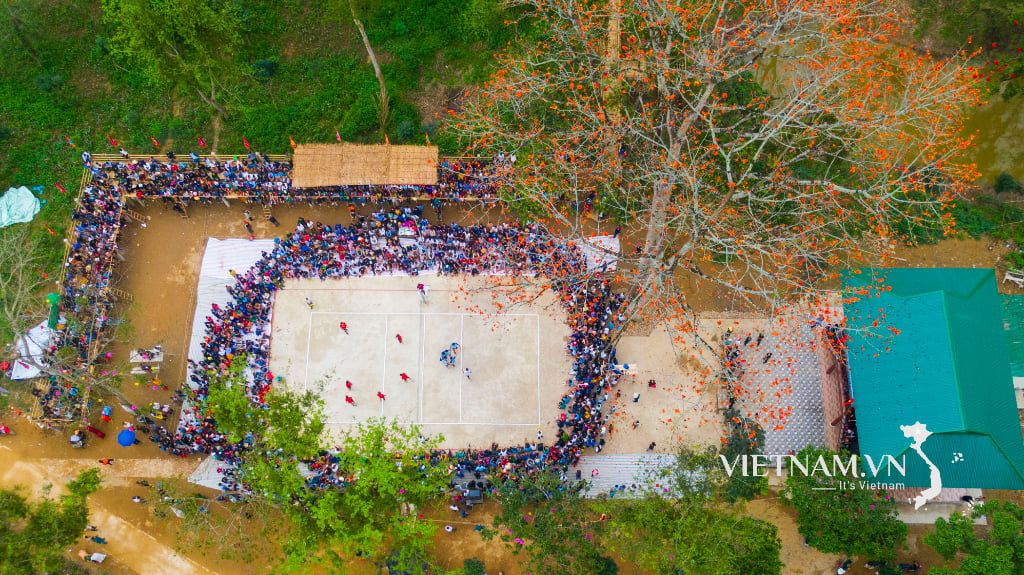


Comment (0)